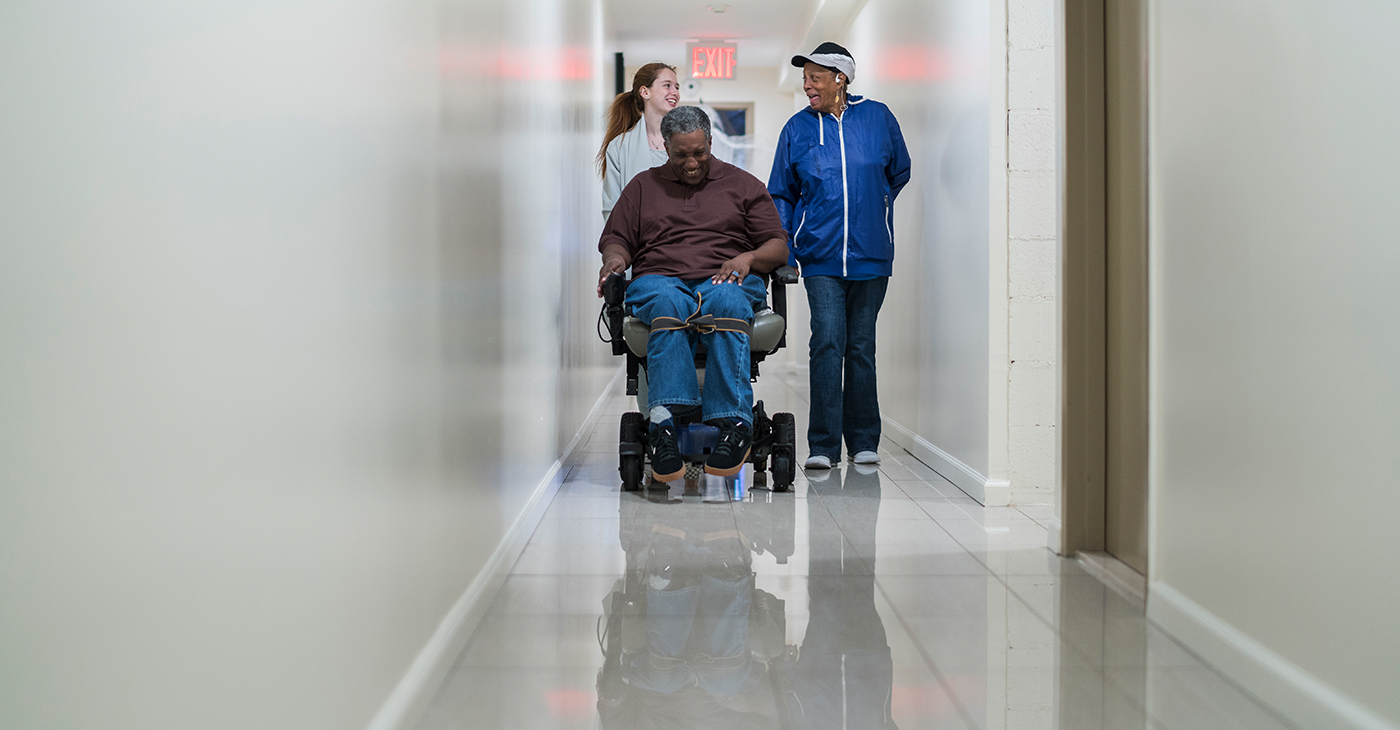Black History
There’s Hope For Blacks Waiting Years For Kidney Transplants
Five years ago, Arlette Ebanks faced severe kidney pain and anxiety over a potential need for a transplant. Now, a policy shift towards race-neutral tests offers hope to Black patients like Ebanks, addressing existing healthcare disparities and improving access to kidney transplants.
#KidneyTransplant #HealthcareDisparity #RaceNeutralTests #MedicalEquity #OrganTransplant

By Stacy M. Brown
Senior National Correspondent
@StacyBrownMedia
NNPA Newswire
Five years ago, Arlette Ebanks experienced severe kidney pain that she believed suggested the need for a transplant. Her doctors disagreed, but the 52-year-old Northeast, D.C., resident, and mother of two who worked for the Department of Transportation for more than half of her life until her deteriorating health landed her on permanent disability, had grown ever more anxious as health care providers attempted various measures of maintenance.
Recently, physicians at George Washington University Hospital told Ebanks that she should have been on the transplant list, and understandably, Ebanks wondered why previous doctors hadn’t done so. Now, Ebanks knows why. “All this time, all this stress and worry, was all because I’m Black,” Ebanks stated with intense incredulity in an interview with the Washington Informer.
At issue is a once widely used test that overestimated how well Black people’s kidneys were functioning, making them look healthier than they really were. An automated formula calculated results for Black and non-Black patients that were far different from those of others, delaying organ failure diagnosis and, ultimately, proper evaluation for a kidney transplant.
The disparity only exacerbated existing inequities, with Black patients being more susceptible to needing a new kidney but less likely to receive one. “On the one hand,” Ebanks remarked, “I have not only been put on the waiting list, but moved up to where I am now more confident that I will get a new kidney. On the other hand, it’s infuriating that we keep seeing how racism in medicine, bias in healthcare, is causing unnecessary pain and suffering among African-Americans.”
The U.S. organ transplant network has now ordered hospitals and care facilities to use race-neutral test results only when adding new patients to the kidney transplant waiting list.
Further, the National Kidney Foundation and the American Society of Nephrology told laboratories to transition to race-neutral equations when calculating kidney function.
The policy shift has led to major adjustments, and between January 2023 and mid-March 2024, over 14,300 Black candidates had their wait times recalibrated, resulting in more than 2,800 successful transplants, including Ebanks.
Dr. Nwamaka Eneanya, an assistant professor at the Perelman School of Medicine at the University of Pennsylvania Health System, emphasized the detrimental impact of race-based equations on clinical decisions, particularly in assessing renal function.
Dr. Eneanya, a vocal advocate for removing race from medical equations, highlighted the lack of biological differences between races and the inherent flaws in using race-based multipliers. She told her university’s newspaper that, despite mounting evidence, many clinicians continue to rely on these outdated practices, perpetuating harm to Black patients.
“Human genome studies have shown there are no inherent biological differences between races,” Dr. Eneanya stated. “Those studies reporting that Black people had greater muscle mass were flawed, but no one questioned them.”
As the director of Health Equity, Anti-Racism, and Community Engagement at Penn Medicine, Dr. Eneanya spearheads internal initiatives to promote diversity and inclusion within the Renal Electrolyte and Hypertension Division. Additionally, she is actively involved in community outreach programs to address racial disparities in kidney disease awareness and screening.
“Not everyone approaches medicine with a health equity lens. Many clinicians are not aware of existing disparities – how Black patients do not get referred to nephrology as early as white patients and do not have sufficient access to transplant [procedures],” she asserted.
“In medicine, the tendency is to say, ‘This is what a study showed, so this is what we should do,’ focusing on biomarkers and statistical tests without examining issues of ethics or health equity.”
Dr. Eneanya noted that the revelation of racial bias within the kidney transplantation system underscores the pressing need for reformative measures to ensure equitable healthcare access for all individuals, regardless of race or ethnicity.
“I sit on a joint American Society of Nephrology-National Kidney Foundation task force that is revising formal eGFR reporting guidelines to exclude racial bias,” Dr. Eneanya stated.
“Many physicians across the country, including some at Penn, have stopped using the race multiplier already. And while the eGFR is a frontline test for kidney function, there are other tests that don’t incorporate race. When there is any doubt about the accuracy of an eGFR score, other confirmatory tests that do not use race should be performed.”














